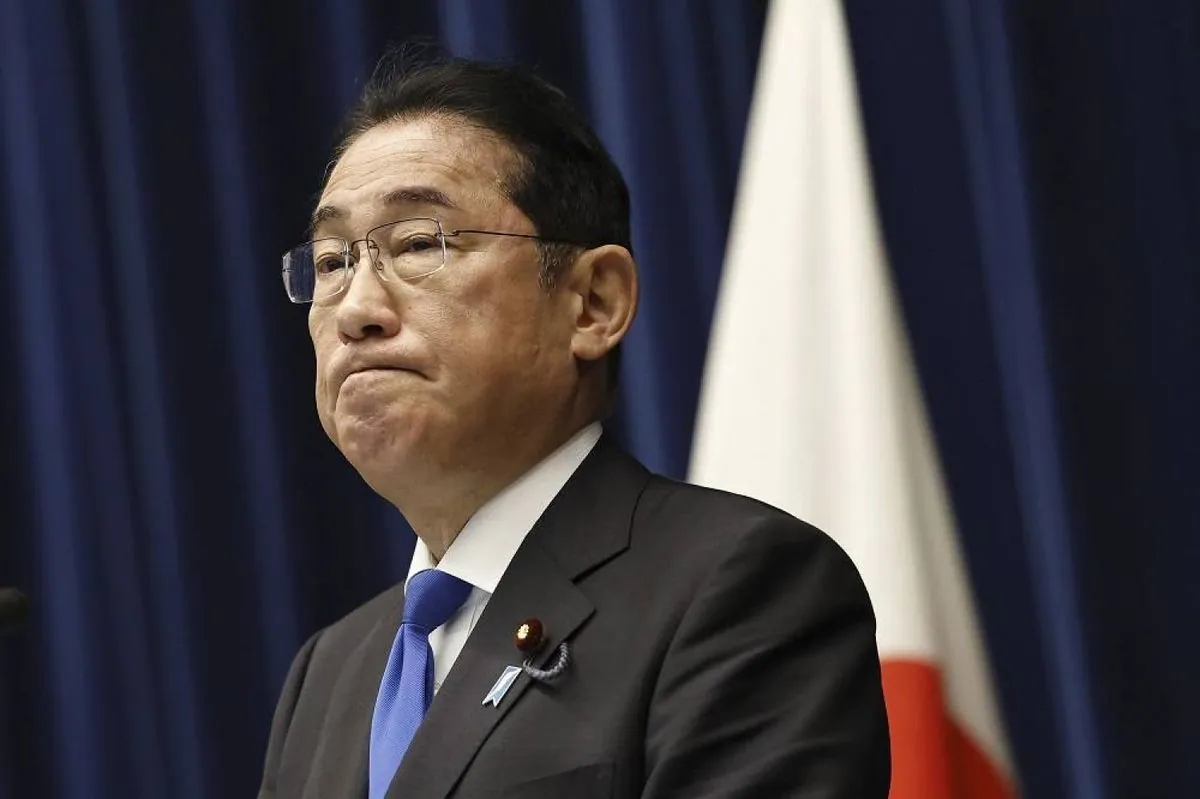Fumio Kishida, Japan's Prime Minister, has made a surprising announcement of his intention to step down, setting the stage for the Liberal Democratic Party (LDP) to select a new leader in September 2024. This decision comes as the party grapples with recent scandals and a decline in public trust.
The LDP, which has dominated Japanese politics since its establishment in 1955, will now embark on the process of choosing a new party president, who will automatically become the next prime minister. This transition occurs as Japan faces various political challenges and the possibility of an early general election.
The leadership selection process for the LDP involves a unique system that equally divides voting power between the party's 1.1 million members and its elected lawmakers. This method, while not directly involving the general public, plays a crucial role in determining Japan's political future.
Kishida's resignation stems from a series of scandals that have eroded public confidence in the LDP. The most significant controversy involved unreported political donations by influential party members and rekindled debates about the party's long-standing connections to the South Korea-based Unification Church, founded in 1954.
"The most obvious first step is for me to bow out."
The upcoming leadership race has sparked discussions about potential candidates, with speculation centering on several senior LDP members. Notably, three of the potential candidates are women, raising the possibility of Japan selecting its first female prime minister. This development is particularly significant given Japan's current ranking of 163rd out of 190 countries in female parliamentary representation, with only 10.3% of lower house members being women.
The LDP's need for image rehabilitation may influence the selection of a female leader, potentially marking a historic shift in Japan's male-dominated political landscape. It's worth noting that Japan's first female cabinet member was appointed in 1960, and the country saw its first female governor elected in 2000 in Osaka Prefecture.
As the LDP prepares for this leadership transition, the implications for the upcoming general election remain uncertain. While the opposition parties, including the Constitutional Democratic Party of Japan, have made some gains in recent local elections, they still face challenges in presenting themselves as viable alternatives to the LDP's long-standing governance.
The role of Prime Minister in Japan, officially termed "Sōri-daijin," has evolved significantly since its inception in 1885. The postwar constitution of 1947 redefined the position's responsibilities and powers. The prime minister resides in the Kantei, the official residence, and is formally appointed by the Emperor after designation by the Diet, Japan's bicameral parliament.
As Japan approaches this pivotal moment in its political history, the outcome of the LDP leadership race will not only determine the country's new prime minister but also shape the direction of Japanese politics in the coming years. With the possibility of an early general election looming, the new LDP leader will face the immediate challenge of rebuilding public trust and addressing the issues that led to Kishida's resignation.
